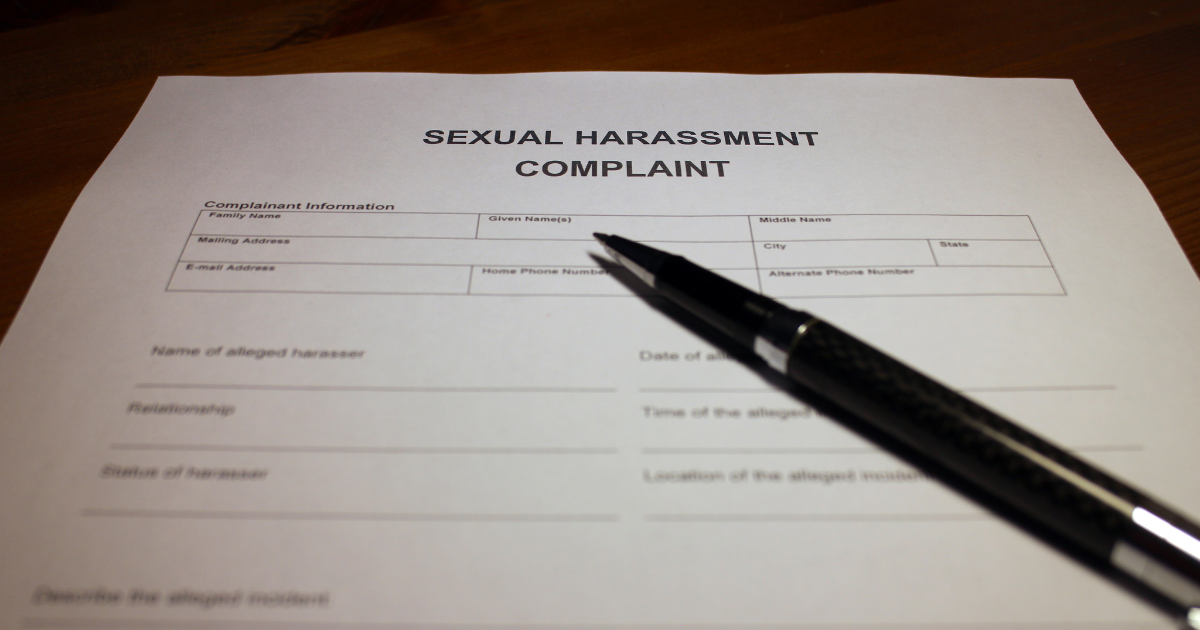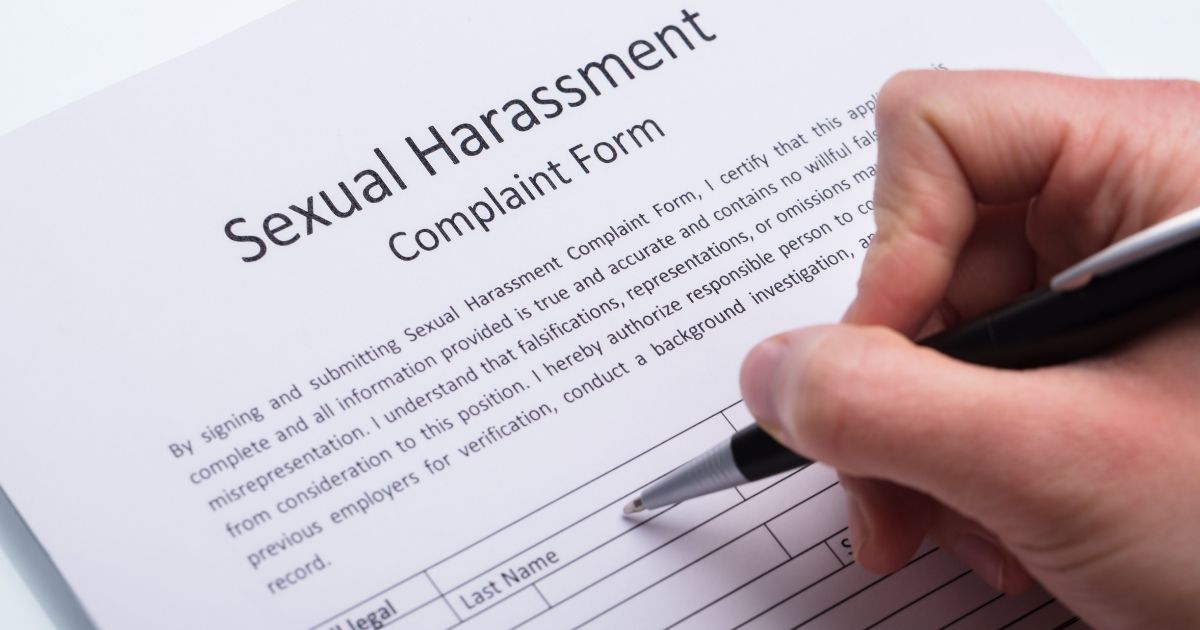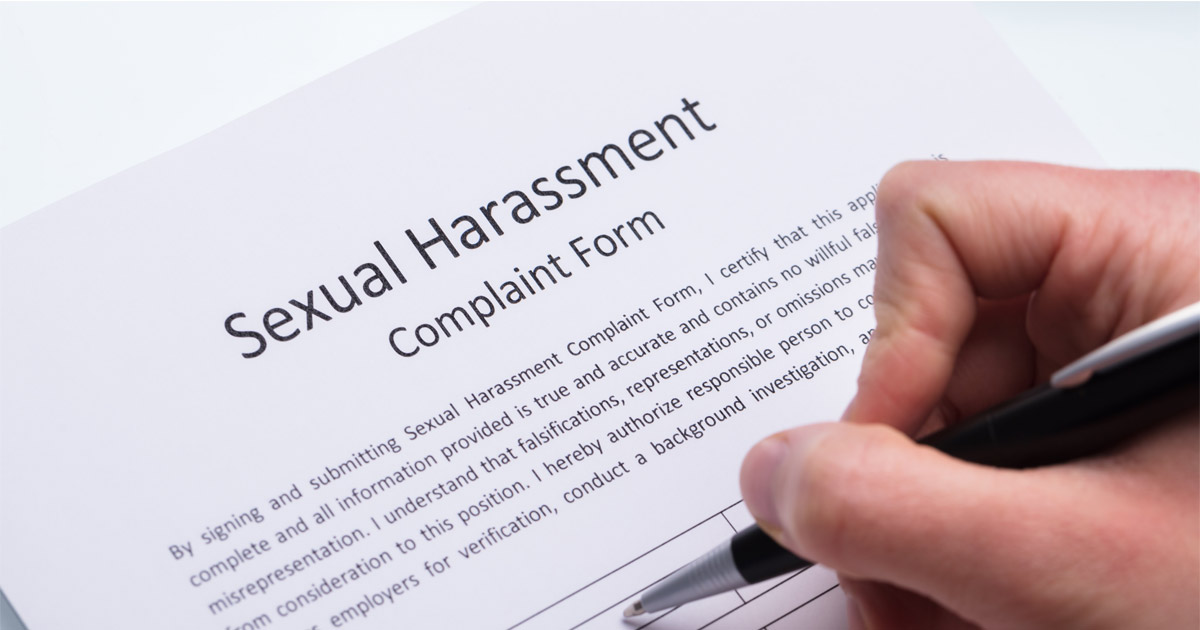Sexual Harassment in the Workplace: Legal Obligations and Employee Rights

Ideally, every workplace would be a safe and respectful environment for all employees. Unfortunately, that is not always the case. One of the most pervasive issues plaguing the workforce today is sexual harassment. It can cause severe emotional distress, inhibit professional growth, and even lead to significant legal consequences.
What Is Workplace Sexual Harassment?
Sexual harassment in the workplace is a form of sex discrimination that violates Title VII of the Civil Rights Act of 1964. It involves any unwelcome sexual advances, requests for sexual favors, and other verbal or physical conduct of a sexual nature that explicitly or implicitly affects an individual’s employment, unreasonably interferes with an individual’s work performance, or creates an intimidating, hostile, or offensive work environment.
Here are common examples of sexual harassment:
- Unwanted physical contact: An employee might be subjected to unwanted touching, hugging, or patting by a colleague or supervisor. This behavior, when unwelcome, can constitute sexual harassment.
- Sexual comments or jokes: Persistent comments about an individual’s physical appearance, lewd jokes, or suggestive remarks can also fall under sexual harassment.
- Sexual propositions: A superior offering job benefits in return for sexual favors or threatening negative employment consequences if such favors are not provided is a clear example of quid pro quo sexual harassment.
Who Can Be Liable for Workplace Sexual Harassment?
Both employers and employees can be held liable for sexual harassment. An employer can be held responsible if they knew or should have known about the harassment and failed to take appropriate corrective action. Similarly, an individual who engages in harassment can be held personally liable for their actions.
Sexual Harassment Laws in Pennsylvania
In Pennsylvania, sexual harassment laws mirror those at the federal level. The Pennsylvania Human Relations Act prohibits sexual harassment and makes it illegal for employers to retaliate against employees who report such behavior. Employers must ensure a safe, respectful, and non-hostile working environment. Failure to do so can result in severe legal consequences, including fines and penalties.
What Can You Do if You Have Been Sexually Harassed at Work?
Here are some steps you can take if you have been sexually harassed in the workplace:
- Report the incident: The first step is to report the incident to your supervisor or HR department. Make sure to document all incidents and interactions related to the harassment.
- File a complaint: If your employer does not take appropriate action, you can file a complaint with the Pennsylvania Human Relations Commission or the Equal Employment Opportunity Commission.
- Consult with a lawyer: It is advisable to consult with an attorney. They can guide you through the process and protect your rights.
No one should tolerate sexual harassment in the workplace. Knowing your rights and legal options can empower you to act against such behavior. If you are experiencing sexual harassment, you are not alone, and legal resources are available to help you navigate this difficult time.
Our Philadelphia Employment Lawyers at Sidkoff, Pincus & Green P.C. Can Help if You Have Been Sexually Harassed in the Workplace
You have rights in the workplace, and if you have faced sexual harassment, you may have legal options. Speak with our Philadelphia employment lawyers at Sidkoff, Pincus & Green P.C. Call us at 215-574-0600 or contact us online to schedule a consultation. We are a premier firm that has been protecting workers’ rights for decades. Located in Philadelphia, we serve clients in Pennsylvania and New Jersey.





















